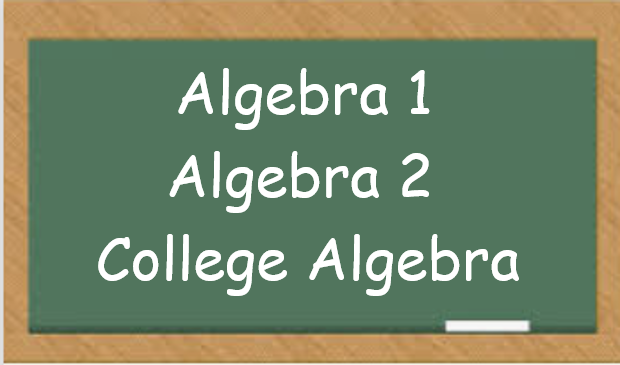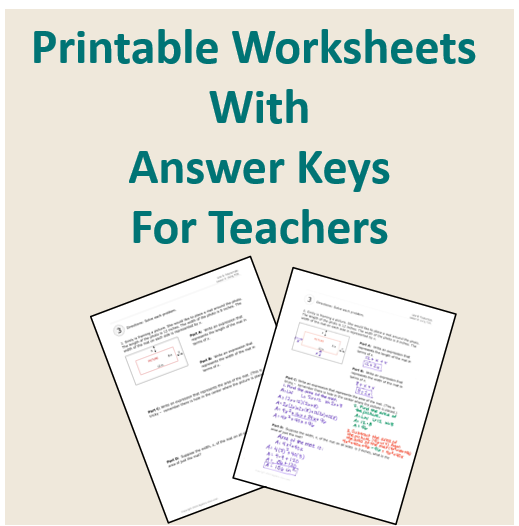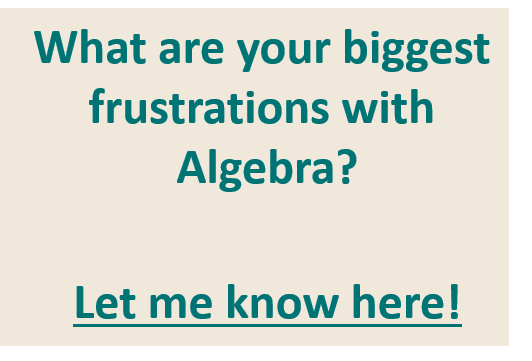Calculators in the Math Classroom
by Jim McCue
(Boise, Idaho)
Hello Fellow Math Teachers,
I have another survey question for you:
Do you allow calculators in your math class and why ?
I was shocked to see students who did not know their times table, could not do simple mind calculations like adding 8 + 7,multiply by 10 or 100.
What age do you believe students should be allowed to use calculators in class?
I strongly believe the use of calculators in math classes is having a direct impact on students ability to use their own minds to perform simple 'mental' calculations.
This ability to do 'lighting math' as my college accounting professor called it is being lost by the current generation of students in schools.
Now I teach community college math and I observe the younger students struggle with this while the older students are quick in their minds doing the mental calculations.
While I believe a calculator should be used for difficult problems such as 8543.3 divided by 567.4, students should be able to divide 85 by 5 !! at the very least be able to perform 'side work' to determine the answer.
Thanks for your input,
Jim McCue
Need More Help With Your Algebra Studies?
Get access to hundreds of video examples and practice problems with your subscription!
Click here for more information on our affordable subscription options.
Not ready to subscribe? Register for our FREE Pre-Algebra Refresher course.





